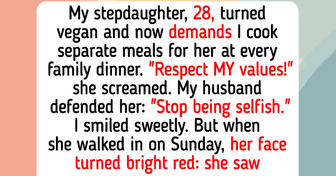it'd actually true, I have realized that my family uses a lot of "we" and I have always considered them as very open minded people
What Your Way of Speech Can Say About Your Personality

A total stranger may guess what kind of temperament you have just by reading your tweets. Nouns, verbs, adjectives, and even the speed at which you talk can give impressions about your personality. For example, more outgoing people are more likely to speak louder and more quickly. But there are other ways of speaking that can help you to determine someone’s character.
We at Bright Side studied some curious findings about the language we use and would like to share these thoughts with you.
1. Introverts’ language tends to be more abstract.
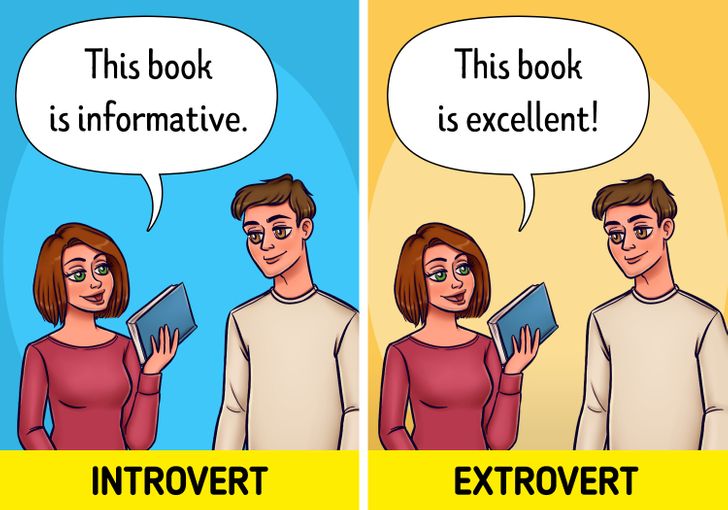
Introverts’ and extroverts’ language is very different. The former like to use more abstract and vague words, while the latter are more concrete and specific with their terms. For example, when a person wants to recommend a book, they may sound different.
- Extroverts would say: “This book is excellent!”
- Introverts would say: “This book is very informative.”
2. Introverts tend to use more articles.

Here’s one more curious finding. Introverts are more likely to use more articles that refer to individual objects or events. Also, in their speech, you can find evasive words, like “maybe” or “perhaps.”
- Extroverts would say: “Let’s get some food.”
- Introverts would say: “Perhaps we could have a hotdog.”
3. Extroverts use more words of pleasure.
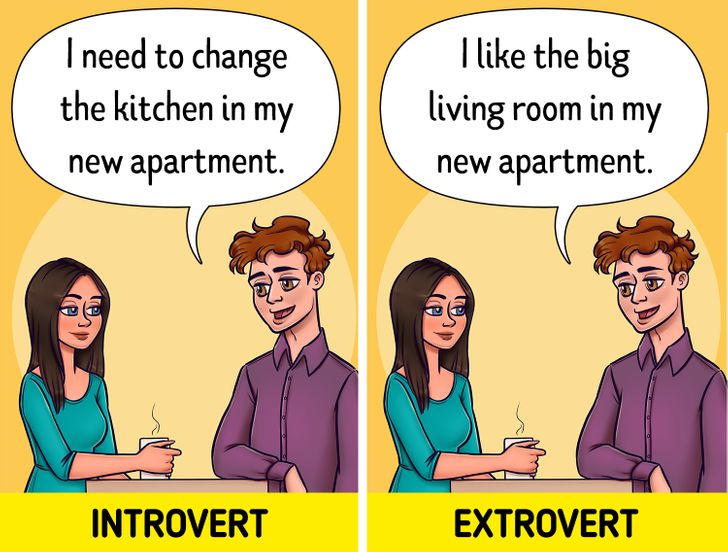
If introverts hang in a room together and chat, there’s a big chance that they’ll start talking about solving problems, like: “I need to change the kitchen in my new apartment because it’s too old.”
However, when extroverts talk to each other, they prefer to cover many topics and like subjects about the pleasures of life: “I like the big living room in my new apartment.”
4. Open-minded people tend to use more words about the senses.

The way in which you pick out words can reveal how liberal you are. Open-minded people prefer to use sentences that display senses and emotion. If their colleague made a mistake or is upset, they may say something like: “Don’t be sad. You just need to be heard.”
5. Anxious people tend to use words showing their emotional angst.

More often, anxious people tend to include in their speech words of fear, worry, and distress. They can say things about themselves, like: “I carry around a monstrous level of sadness.” But even so, don’t rush to judge a person if they speak like this. Everyone can feel down sometimes.
6. More diligent people tend to use words about achievement and work-related things.
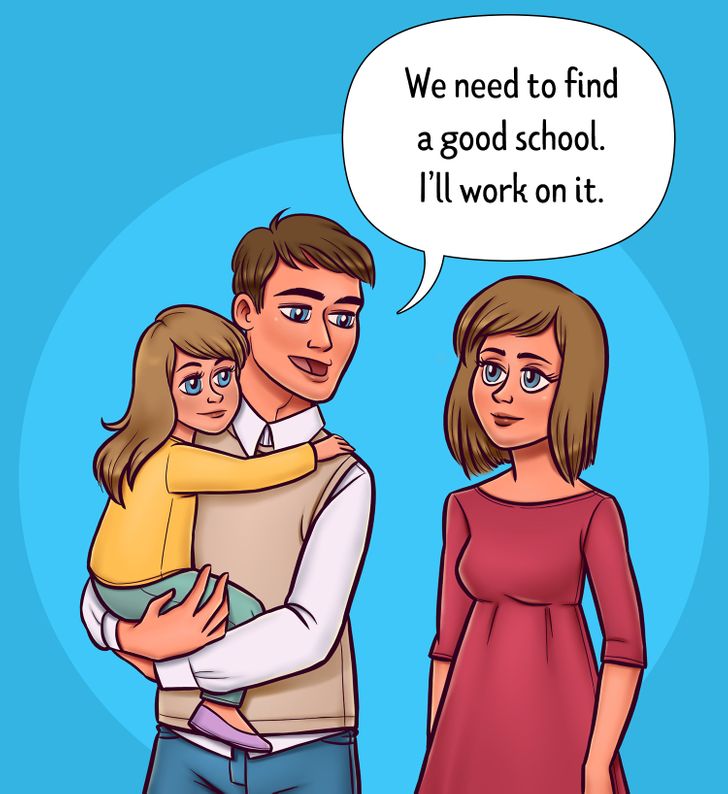
You can pick out conscientious people by words that are work-related. Such people are result-oriented, so more diligent students prefer to use sentences about achievement more than other people.
A diligent father would say: “We need to find a good school for our daughter. I will work on it.”
7. People with more openness to experiences are more likely to use the word “we.”
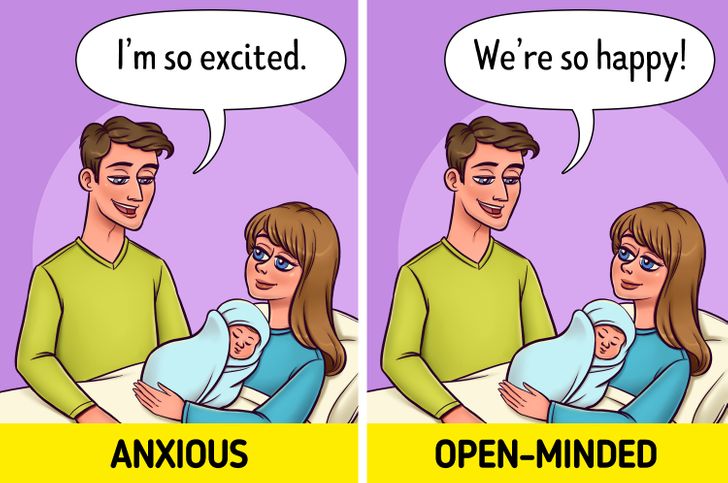
Which words do you use more often than others? Do you have your own thoughts about the connection of one’s character and the manner of their speech? Please share your ideas with us!
Comments
oh yeah, as an introvert myself, I always try to solve something... and also complain a lot 😅
kind of obvious that people who don't feel good also talk about their feelings and tell others how they feel.. they wanna be heard and helped
Related Reads
I Refused to Follow My Mom’s “Different Beds” Rule—And the Real Reason Was Heartbreaking
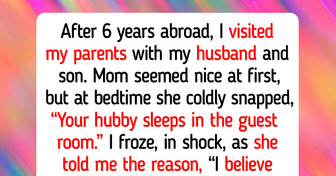
I Refuse to Sacrifice My Life Because My Family Chose Me as Grandma’s Caretaker

My Coworker Tried to Humiliate Me to Our Boss—I Had the Perfect Receipts
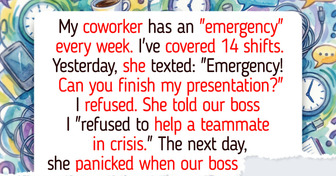
15+ People Who Just Went for a Walk and Found an Adventure

17 Breakup Stories That Prove the Best Revenge Is Living Well

I Funded My Wife’s Luxury Demands—She Made Me Regret Every Penny

18 Stories That Prove Kindness Can Come From the Most Unexpected Places
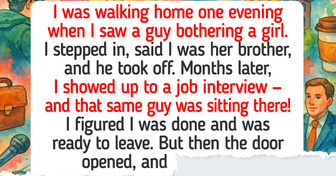
I Walked Out of the Family Reunion After My Stepdaughter Handed Me a List of “Rules”

12 Family Stories With a Twist That Could Rival Any Sitcom Script

15 Stories That Prove a Small Spark of Kindness Can Light Up a Fading Soul

My Cousin Uninvited Me to Save Money—My Petty Revenge Was Absolutely Worth It

I Refuse to Cook Separate Vegan Meals for My Entitled Stepdaughter, So I Gave Her the Ultimate Reality Check
